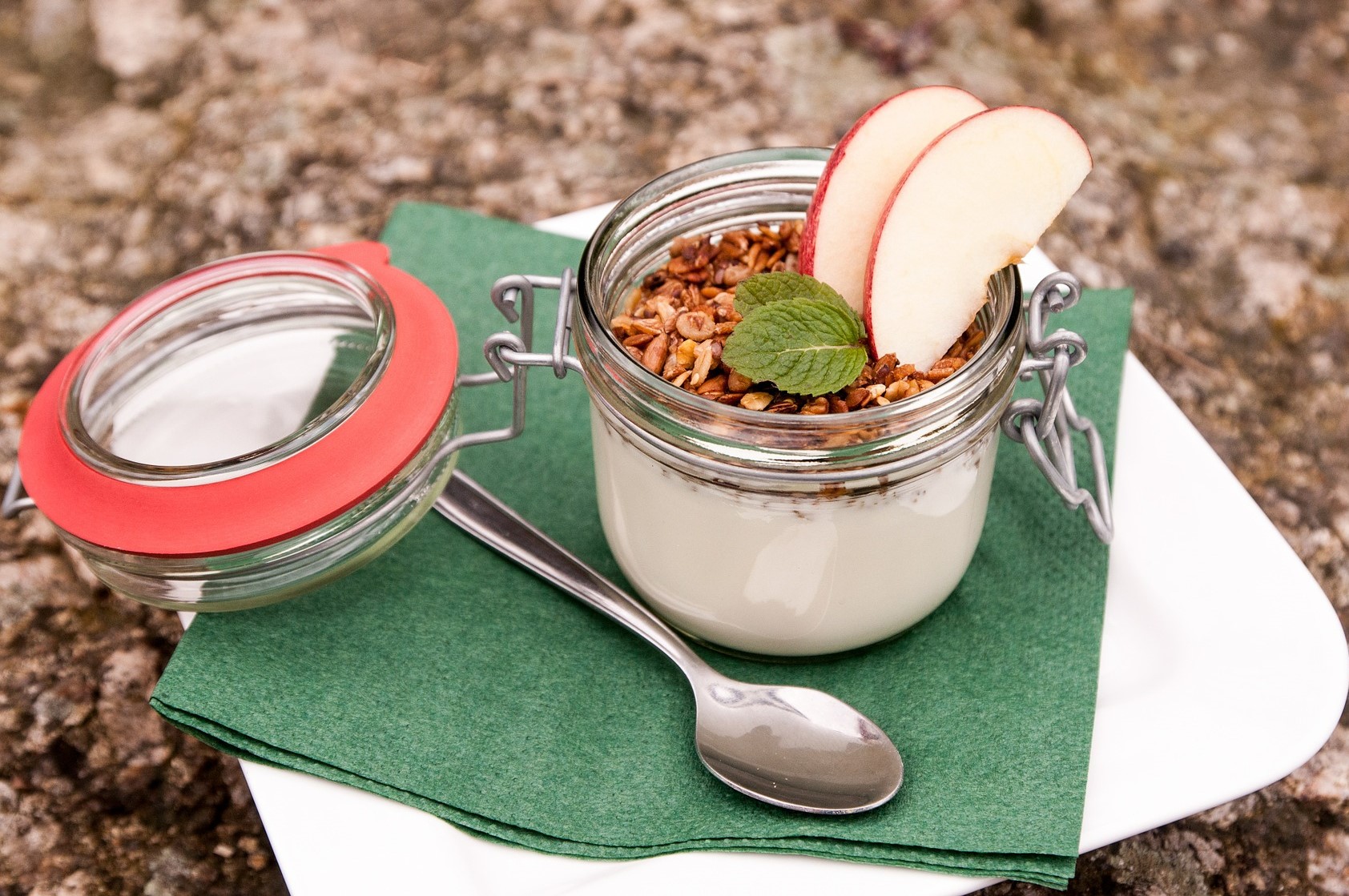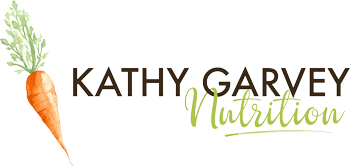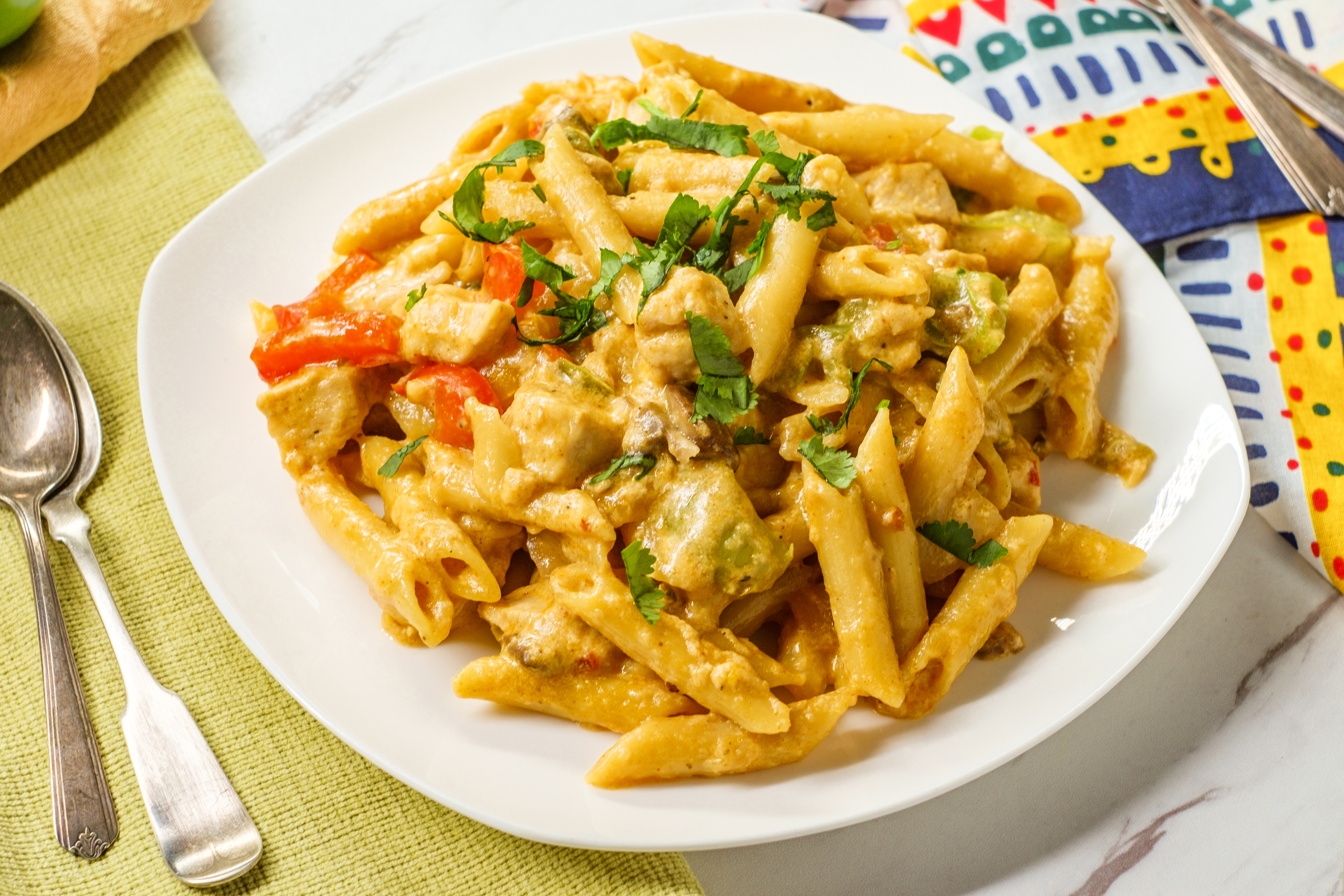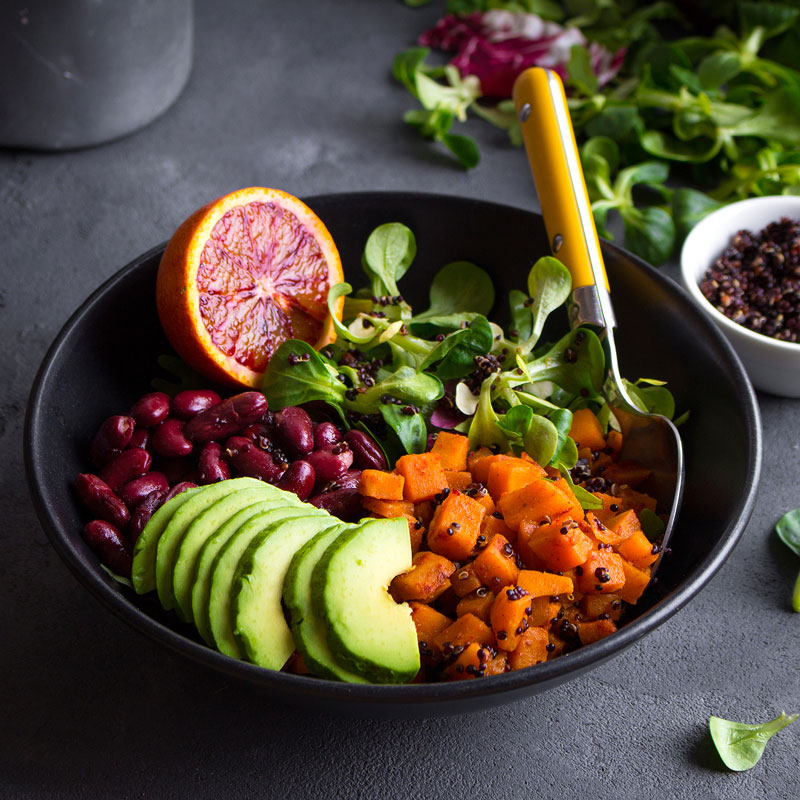Although the United States is slightly behind other countries on awareness regarding probiotics, the interest is definitely growing. Probiotics contain live bacteria and yeasts that hold numerous benefits, specifically towards digestive health. Because our modern Western diet contains less fresh foods and more refrigeration and chemicals than it once did, probiotics are not as naturally present. Additionally, overuse of antibiotics, as well as artificial sweeteners, have a negative impact on our good gut bacteria.
The Benefits of Probiotics
Improving digestive health begins with balancing good and bad gut bacteria. Experts confirm that your balance of gut bacteria should be around 85 percent good and 15 percent bad. Good gut bacteria are responsible for health benefits such as producing B12 and K vitamins and creating enzymes that destroy harmful bacteria. Probiotics are commonly used to treat digestive diseases such as Irritable Bowel Syndrome (IBS) and Inflammatory Bowel Disease, suffered by approximately 60 to 70 million Americans. In addition to digestive health, probiotics also positively impact our immune system, which fights against germs and diseases, and even eczema. Studies have shown probiotics can act as a barrier against infection by releasing antibacterial peptides that kill off harmful bacteria, thus lowering the likelihood of bacteria entering the bloodstream.

Increasing Your Intake of Probiotics
To begin implementing probiotics into a daily diet, one can start with eating foods such as yogurt, Kefir, cultured vegetables, and raw cheeses. Daily supplements can also be helpful, most containing Lactobacillus, which can aid in reducing diarrhea and digesting lactose. Others contain Bifidobacterium, which can ease symptoms of many conditions including IBS, or a combination of the two. These are available in the form of pills, powders, and liquids. When deciding what supplement is best for you, it is important to consider the specific strains and amount of bacteria. A greater number of total bacteria is not necessarily more powerful; however, a higher amount of different strains tends to be more effective. The different strains all play unique roles in effectively improving health along the digestive tract. Ultimately, choosing the best supplement depends on your personal needs.
Probiotics vs Prebiotics
There is frequent confusion surrounding the differences between probiotics and prebiotics. While probiotics are the good bacteria that monitor harmful substances in the body, prebiotics are simply nourishment for our existing good bacteria. Rather than digesting prebiotics, our body uses them to stimulate the growth of positive bacteria. Prebiotic fiber can be found in a wide variety of foods, such as some fruits, vegetables, beans, and wheat. They do not interfere with medications and can be taken regularly at any time of day. Because probiotics do not always survive before reaching the large intestine, prebiotics can be a more effective choice for some people; however, they do not work against each other and can be consumed simultaneously.
Caroline Cerminaro is a rising Junior studying Dietetics at Auburn University. She loves all things health and fitness and can’t wait to turn it into a full-time career.




